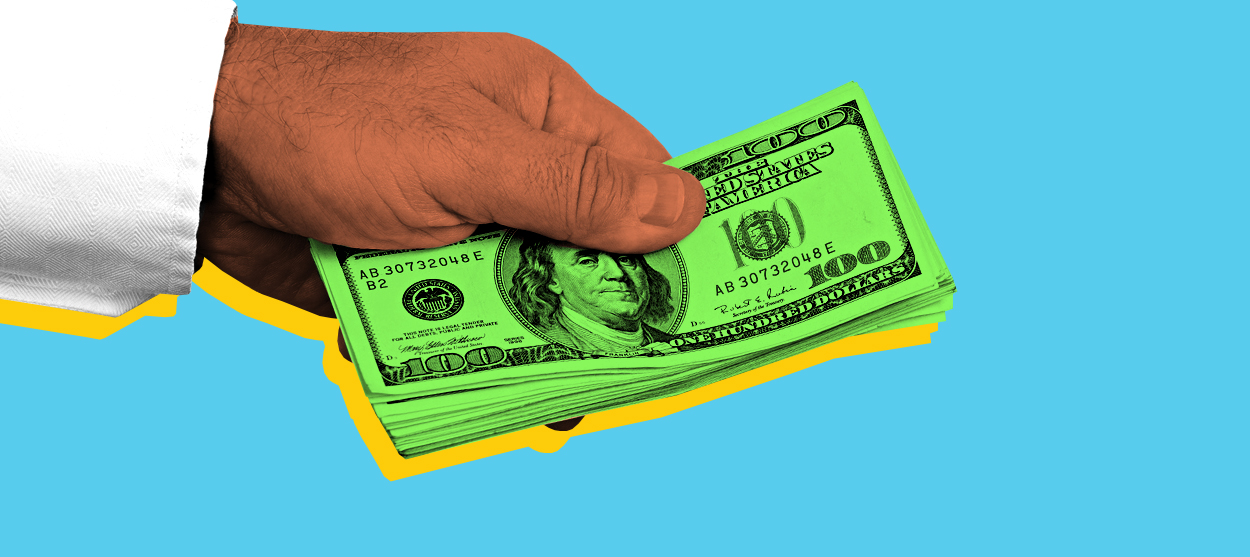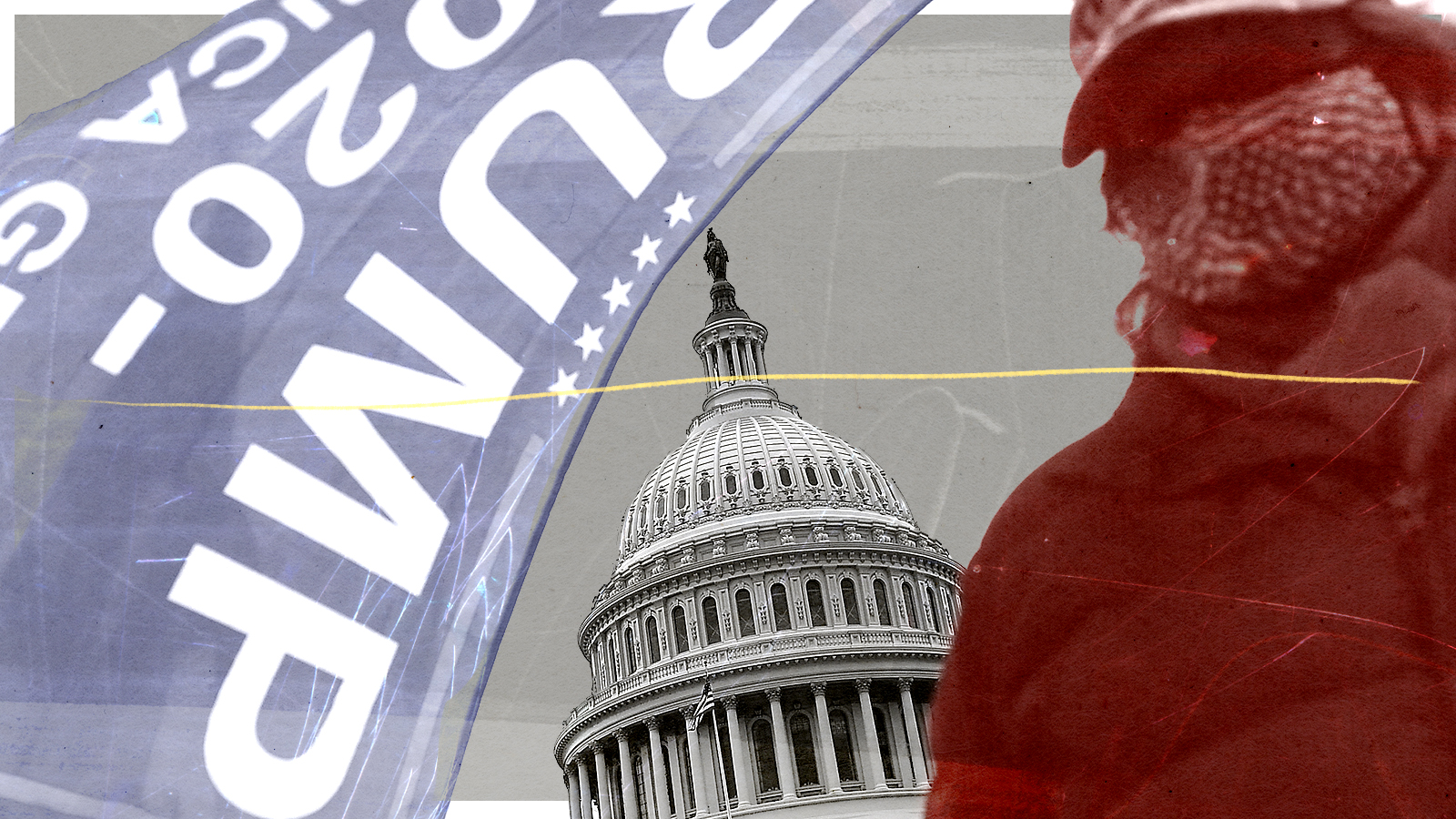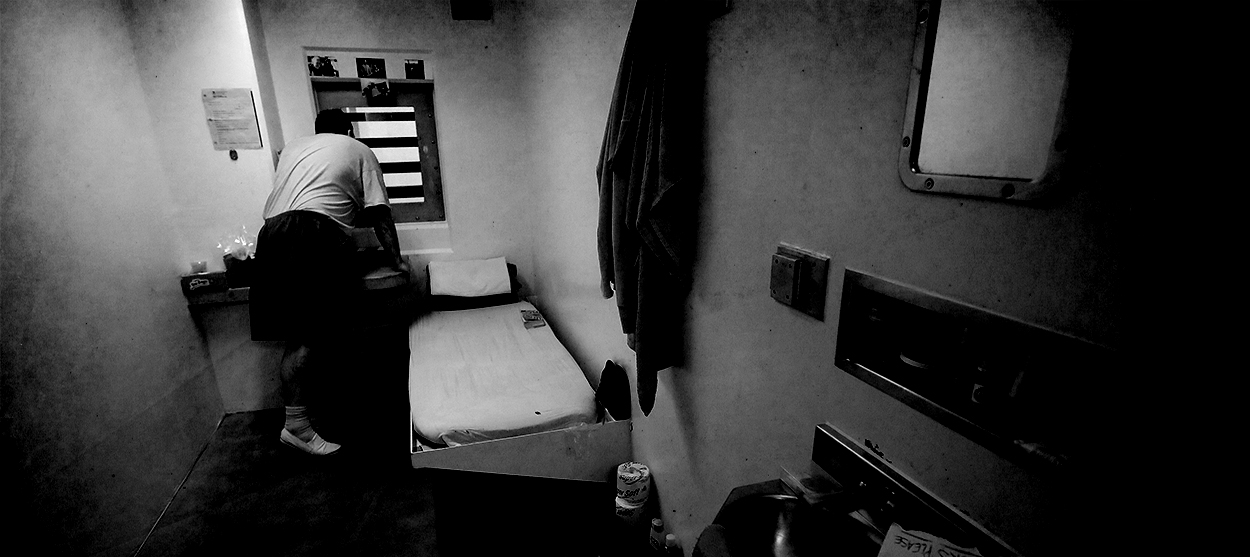When we'll know it's time to reduce the unemployment boost


A free daily email with the biggest news stories of the day – and the best features from TheWeek.com
You are now subscribed
Your newsletter sign-up was successful
Democrats and Republicans are still at loggerheads over a second coronavirus rescue package. The primary sticking point is super-unemployment: Democrats want to extend the original $600-per-week boost, while Republicans want something much smaller.
The GOP is obsessed with the fact that some lower-income workers ended up getting paid more after they were laid off. "We're not going to use taxpayer money to pay people more to stay home," Treasury Secretary Steven Mnuchin said recently. Yet overwhelming evidence shows it's the uncontrolled pandemic and a lack of jobs keeping workers at home, not the increased benefits.
In response, Democrats like Speaker of the House Nancy Pelosi have proposed keeping super-unemployment going based on economic conditions — once the economy has recovered, then people wouldn't need such a generous benefit. This could be a good idea, but it would depend on the condition. Super-unemployment was the main thing keeping the economy from spiraling into a complete collapse. If it is cut off too soon, then America could easily nosedive right back into a recession.
The Week
Escape your echo chamber. Get the facts behind the news, plus analysis from multiple perspectives.

Sign up for The Week's Free Newsletters
From our morning news briefing to a weekly Good News Newsletter, get the best of The Week delivered directly to your inbox.
From our morning news briefing to a weekly Good News Newsletter, get the best of The Week delivered directly to your inbox.
A good candidate would be when the ratio of jobseekers to jobs goes below one — meaning there are more job openings than unemployed people (right now, there are four jobseekers for every opening). For one thing, that is facially fair. One can hardly blame people for going unemployed when there are simply not enough jobs to go around. For another, that situation has only happened once in the last 20 years (between January 2018 and February 2020), because those were the only two years when America got even close to full employment. Keeping our foot all the way to the floor on super-unemployment until the job market is very strong will ensure that America can pole-vault out of the pandemic economic sand pit, and not be stuck with weak growth and few jobs as it was for nearly a decade after the Great Recession.
A free daily email with the biggest news stories of the day – and the best features from TheWeek.com
Ryan Cooper is a national correspondent at TheWeek.com. His work has appeared in the Washington Monthly, The New Republic, and the Washington Post.
-
 How Democrats are turning DOJ lemons into partisan lemonade
How Democrats are turning DOJ lemons into partisan lemonadeTODAY’S BIG QUESTION As the Trump administration continues to try — and fail — at indicting its political enemies, Democratic lawmakers have begun seizing the moment for themselves
-
 ICE’s new targets post-Minnesota retreat
ICE’s new targets post-Minnesota retreatIn the Spotlight Several cities are reportedly on ICE’s list for immigration crackdowns
-
 ‘Those rights don’t exist to protect criminals’
‘Those rights don’t exist to protect criminals’Instant Opinion Opinion, comment and editorials of the day
-
 The dangerous vigilantism that fueled Jan. 6
The dangerous vigilantism that fueled Jan. 6Talking Point
-
 The real reason the Pentagon is sounding the alarm over China's hypersonic missile
The real reason the Pentagon is sounding the alarm over China's hypersonic missileTalking Point
-
 China's ominous incursions over Taiwan
China's ominous incursions over TaiwanTalking Point
-
 Is Bibi-ism possible without Bibi?
Is Bibi-ism possible without Bibi?Talking Point
-
 The Derek Chauvin solitary confinement predicament
The Derek Chauvin solitary confinement predicamentfeature
-
 Keith Ellison's strategy in the Derek Chauvin trial paid off
Keith Ellison's strategy in the Derek Chauvin trial paid offfeature
-
 Injustice for everyone?
Injustice for everyone?feature
-
 If Andrew Cuomo won't resign, he must be impeached
If Andrew Cuomo won't resign, he must be impeachedfeature
